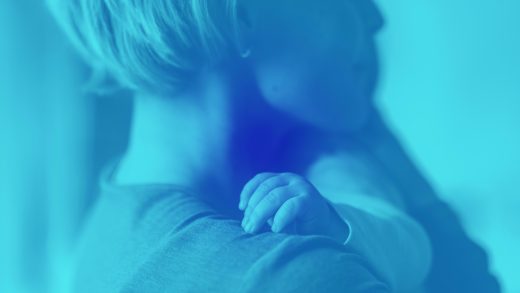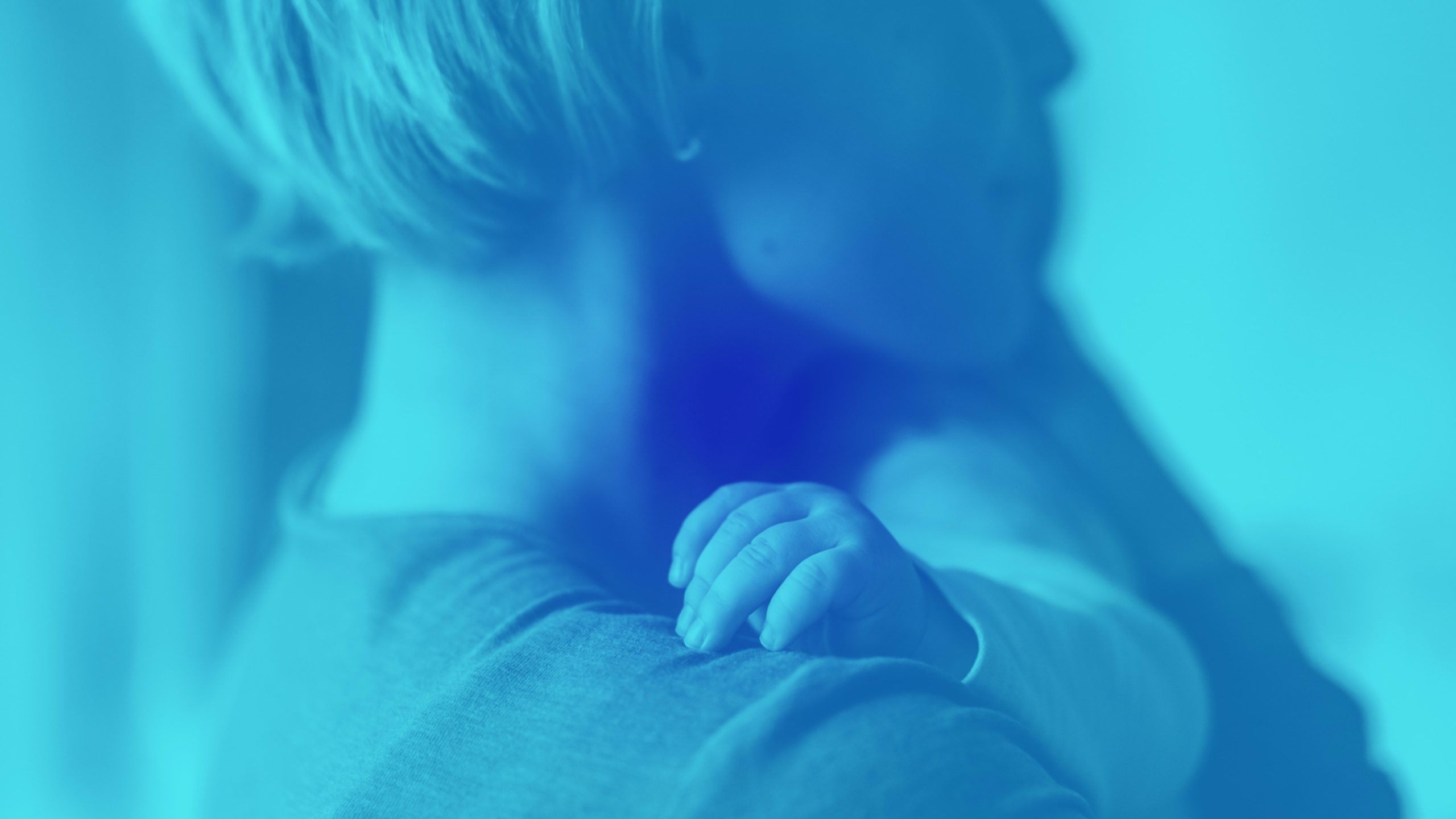Why Amazon, Walmart, and Target just pulled this baby product from shelves
Why Amazon, Walmart, and Target just pulled this baby product from shelves
Experts have long warned of the risks of weighted swaddles, and a letter from the Consumer Product Safety Commission has prompted retailers to take action.
BY Sarah Bregel
If you’ve had an infant at any point over the past decade, you’ve likely heard warnings about the dangers of using weighted products—like weighted swaddles, blankets, or sleep-sacks—to help your baby sleep. The concerns are not new, but now, major retailers have pulled weighted infant sleepwear from shelves.
Amazon, Walmart, Target, and Babylist are no longer selling such products. The move comes amid ongoing concerns over the safety of the products, and a letter from the Consumer Product Safety Commission (CPSC) asking major retailers to remove them from stores.
Experts have long advised against weighted products for babies due to an alleged increased risk of Sudden Infant Death Syndrome (SIDS). In 2022, the American Academy of Pediatrics (AAP) warned that weighted swaddles are not safe. The organization recommended against using them or other weighted infant sleep products.
Last summer, Dr. Rachel Moon, chair of the AAP task force on SIDS and a pediatrician at the University of Virginia, told NPR about the potential dangers. “We do recommend swaddling. We do recommend pacifiers. We recommend rocking and shushing,” Moon said. “There are a lot of things that you can do, but please don’t use a weighted blanket or swaddle.”
While there have been ample warnings, the risks are fairly under-researched. A 2020 study published in Advances in Neonatal Care found “no adverse events” among babies who slept under a weighted blanket. However, though the short sessions only lasted 30 minutes or less, there was a noticeable impact: Babies’ heart rates significantly slowed.
Another study, conducted by a maker of weighted infant sleepwear, Nestled Bean, found no increased risk when 1-ounce weight was applied to an infant’s chest, but slightly higher weights (3- and 9.5-ounce weights) were deemed unsafe. The researchers wrote the higher weights “may increase potential hazard and subsequent risk” due to faster breathing rates and decreased heart rates.
Still, while studies haven’t been able to clearly demonstrate the risks, experts remain adamant that weighted products are simply not safe for infants, and that the proposed benefit does not outweigh the danger. In addition to the AAP and the CPSC’s stance against weighted products, the Centers for Disease Control and Prevention and the National Institutes of Health have also said they are unsafe.
Despite concern among pediatricians and warnings from safety organizations, businesses have continued making these types of products, claiming there is little risk. That’s prompted some lawmakers to take action. Last week, Sen. Richard Blumenthal (D-Conn.) announced he is calling for an investigation into weighted infant sleepwear makers Dreamland Baby and Nestled Bean over alleged deceptive marketing tactics.
“The stakes are simply too high to allow weighted infant sleep products to be advertised as ‘safe,’ especially without a clear disclaimer explaining the lack of an agreed-upon standard for determining safety,” Blumenthal wrote in a letter to Federal Trade Commission Chair Lina Khan last month. He noted that caretakers of newborns may be “susceptible” to products that claim to promote better infant sleep, and asserted that “marketing around such a product for newborns must be held to high standards of fair and transparent advertising.”
Tara Williams, founder and CEO of Dreamland Baby, said per NPR that her company’s products have been safely used for a decade without any issues. “We’re a small business, and at this point it’s the United States government against Dreamland Baby and Nestled Bean,” said Williams. “This is not a new product category. It’s been out for over 10 years. There’s over 3.5 million [products] sold with no pattern of hazard.”
Williams also noted that Dreamland Baby is currently conducting a safety study on its products with researchers from Indiana University.
ABOUT THE AUTHOR
(19)



